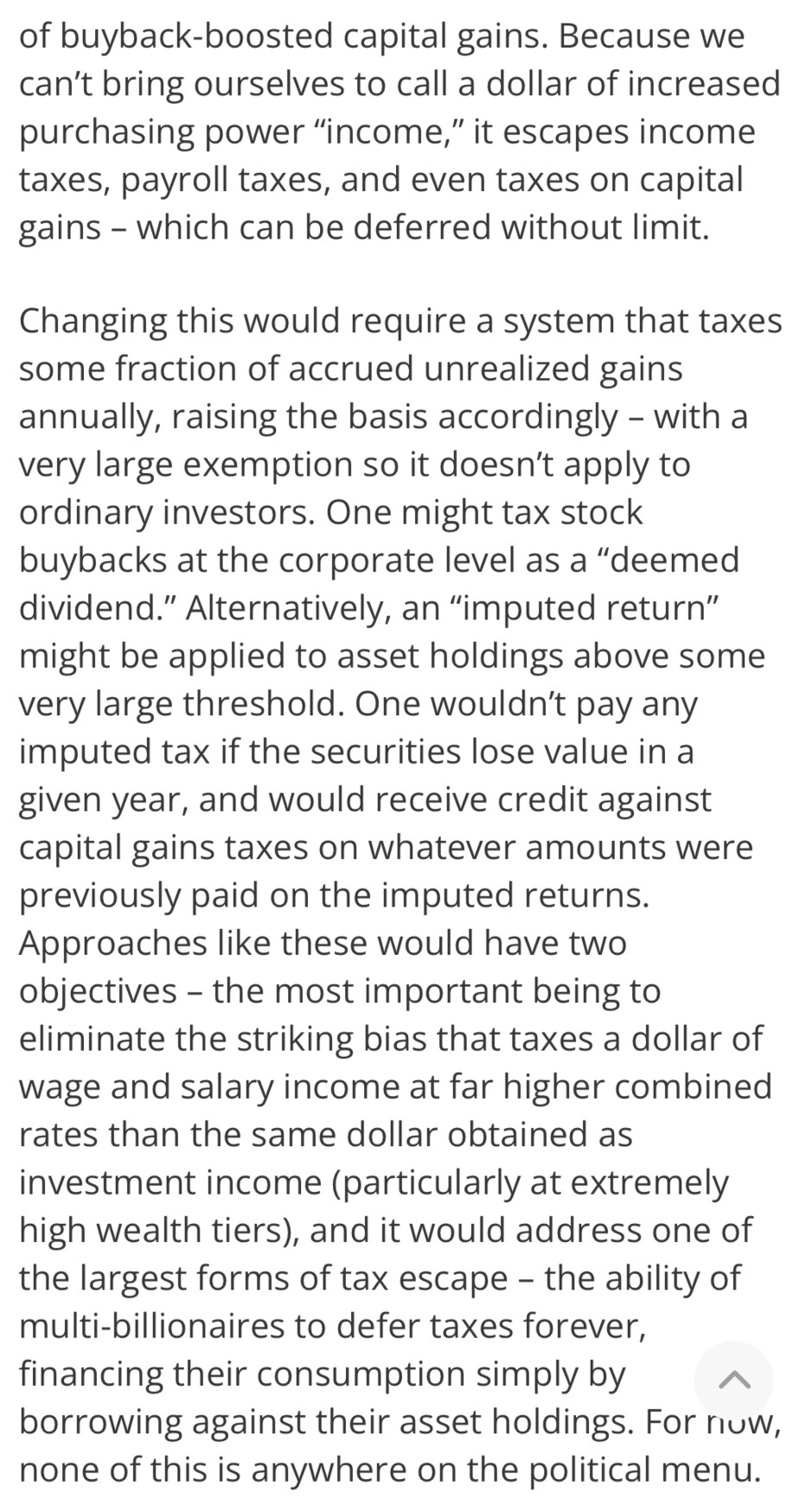it is good to wish. it is good to wash. but it is bad to be wishy washy.
is apple getting stingier about refunds? my wife tried a free trial of an app subscription. she says she canceled immediately after starting the trial, but was billed anyway. usually when this kind of thing happens, we’ve appealed to apple and always been refunded. this time, apple has refused. 1/
i think this means we will never use free trials of Apple-mediated subscriptions unless we are almost certain to buy. it’s not the first time what we understood to be a canceled free trial has been billed, but it is the first time we couldn’t get the billing reversed. /fin
il am luat si eu, ca e-book are un preț foarte razonabil! humanitas.ro/humanitas/ca...
"Recalling the decades-old Lorax Rebellion to save trees at New College as more large oaks are razed" by @kerrysheridan.bsky.social www.wusf.org/environment/... #NewCollege
Recalling the decades-old Lorax Rebellion to save trees at New College as more large oaks are razed
Link Preview: Recalling the decades-old Lorax Rebellion to save trees at New College as more large oaks are razed: The city of Sarasota typically protects grand trees, but says it can't intervene.it’s remarkable how many strangers want to give me a grand piano.
We are really enjoying it so far! Let me know when you come visit!
they hate us for our freedoms.
it’s funny how we begin with Democrats are weak-kneed and need a more muscular, economics focused message and then all the rest is about how bad wokeness was at universities and we have to be sure not to go back to that. there’s a powerful message for the working class! fucking narcissists.
Opinion | ‘I Wouldn’t Say the Democrats Are in Good Shape’
Link Preview: Opinion | ‘I Wouldn’t Say the Democrats Are in Good Shape’self-hosted jitsi is pretty great. jitsi.org
Free Video Conferencing Software for Web & Mobile | Jitsi
Link Preview: Free Video Conferencing Software for Web & Mobile | Jitsi: Learn more about Jitsi, a free open-source video conferencing software for web & mobile. Make a call, launch on your own servers, integrate into your app, and more.Loading quoted Bluesky post...
in the MAGA army, there is no mercy for the man who fails to win the news cycle.
does anyone else think it’s irresponsible how they dox all the actors in the credits?
i agree that people who wouldn’t bother to vote wouldn’t, for the most part, participate in a general strike, but i think a lot of people who didn’t bother to vote in November ‘24 would bother to vote now if they only had the chance.
( i’ve written about this a bit, www.interfluidity.com/v2/9028.html )
 Text: Because we can't bring ourselves to call a dollar of increased purchasing power "income," it escapes income taxes, payroll taxes, and even taxes on capital gains - which can be deferred without limit. Changing this would require a system that taxes some fraction of accrued unrealized gains annually, raising the basis accordingly - with a very large exemption so it doesn't apply to ordinary investors. One might tax stock buybacks at the corporate level as a "deemed dividend." Alternatively, an "imputed return" might be applied to asset holdings above some very large threshold. One wouldn't pay any imputed tax if the securities lose value in a given year, and would receive credit against capital gains taxes on whatever amounts were previously paid on the imputed returns. Approaches like these would have two objectives - the most important being to eliminate the striking bias that taxes a dollar of wage and salary income at far higher combined rates than the same dollar obtained as investment income (particularly at extremely high wealth tiers), and it would address one of the largest forms of tax escape - the ability of multi-billionaires to defer taxes forever, financing their consumption simply by borrowing against their asset holdings. For now, none of this is anywhere on the political menu.
Text: Because we can't bring ourselves to call a dollar of increased purchasing power "income," it escapes income taxes, payroll taxes, and even taxes on capital gains - which can be deferred without limit. Changing this would require a system that taxes some fraction of accrued unrealized gains annually, raising the basis accordingly - with a very large exemption so it doesn't apply to ordinary investors. One might tax stock buybacks at the corporate level as a "deemed dividend." Alternatively, an "imputed return" might be applied to asset holdings above some very large threshold. One wouldn't pay any imputed tax if the securities lose value in a given year, and would receive credit against capital gains taxes on whatever amounts were previously paid on the imputed returns. Approaches like these would have two objectives - the most important being to eliminate the striking bias that taxes a dollar of wage and salary income at far higher combined rates than the same dollar obtained as investment income (particularly at extremely high wealth tiers), and it would address one of the largest forms of tax escape - the ability of multi-billionaires to defer taxes forever, financing their consumption simply by borrowing against their asset holdings. For now, none of this is anywhere on the political menu.




